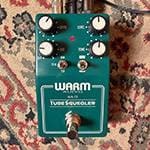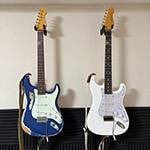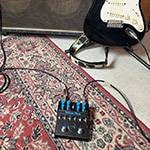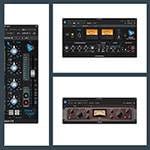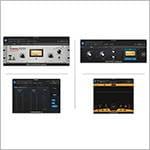For beginners getting into DTM (desktop music production), the most common first audio interfaces are usually the UR series by Steinberg or the Scarlett series by Focusrite. These models are budget-friendly yet fully equipped with all the essential functions needed for music production, making them excellent choices for a first device.
However, as you continue producing music, there comes a moment when you start to feel things like, “I want to capture sound more accurately,” or “I want higher monitoring resolution when mixing.” When I was considering upgrading from the UR series, which was my first purchase, one of the options that came up was the SSL2/SSL2+.
This time, I’ll be introducing its successor — the SSL2/SSL2+ MkII.
What is the SSL2/SSL2+ MkII?
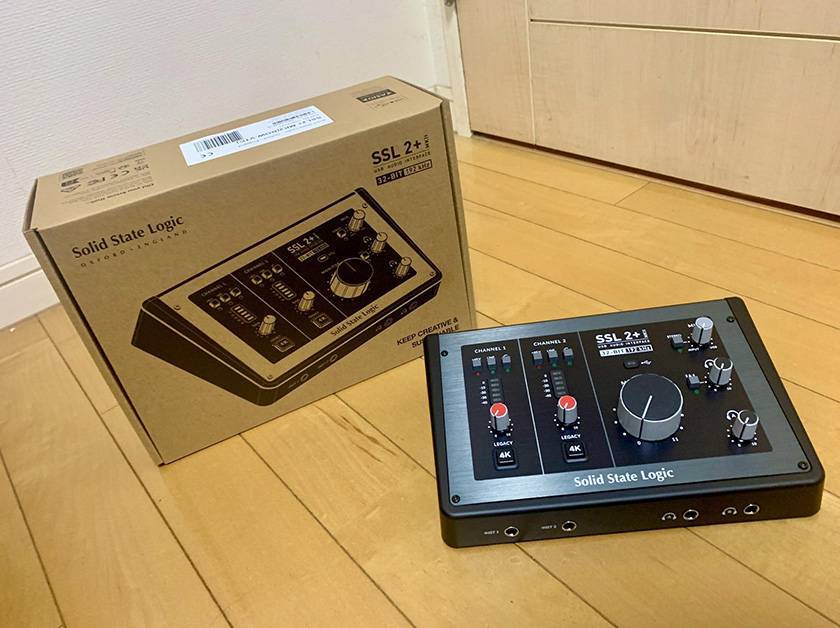
The SSL2/SSL2+ MkII is an audio interface designed for personal music production, developed by the long-established British pro audio manufacturer Solid State Logic (SSL).
SSL is renowned for its high-end equipment used by professionals, and its large-format mixing consoles are found in recording studios around the world. In fact, many of the hit songs we hear every day have been recorded and mixed through SSL consoles.
The SSL2/SSL2+ MkII brings that legendary SSL sound into your home studio, allowing you to easily experience professional-grade audio quality.
Recommended Features Based on Actual Use
1. Clean, Transparent Recording Quality
When recording guitar, I was able to monitor and record without any unwanted coloration, faithfully capturing the character of my instrument. One of SSL’s strengths is that the sound remains “unaltered” in the best sense. This makes it easy to apply EQ or compression later on, allowing for greater flexibility during mixing.
Compared to the UR22 I previously used, which added a slight coloration at the recording stage, this “neutrality” is a major advantage.
2. The Impact of the ‘4K Switch’
When I turned on the 4K switch while recording guitar, the high end popped out with a nice sparkle, and the overall sound gained more definition. Whether it’s clean arpeggios or distorted riffs, the tone felt more satisfying. I find myself using this feature almost every time I record guitar.
Turning it off returns the sound to a completely flat profile, allowing you to switch it depending on the genre or mood of the track.
3. High-Resolution Monitoring
Previously, I had a chance to listen through the headphone output of SSL’s large-format console "Origin" at an event, and the sound from the SSL2+ MkII gave me a very similar impression.
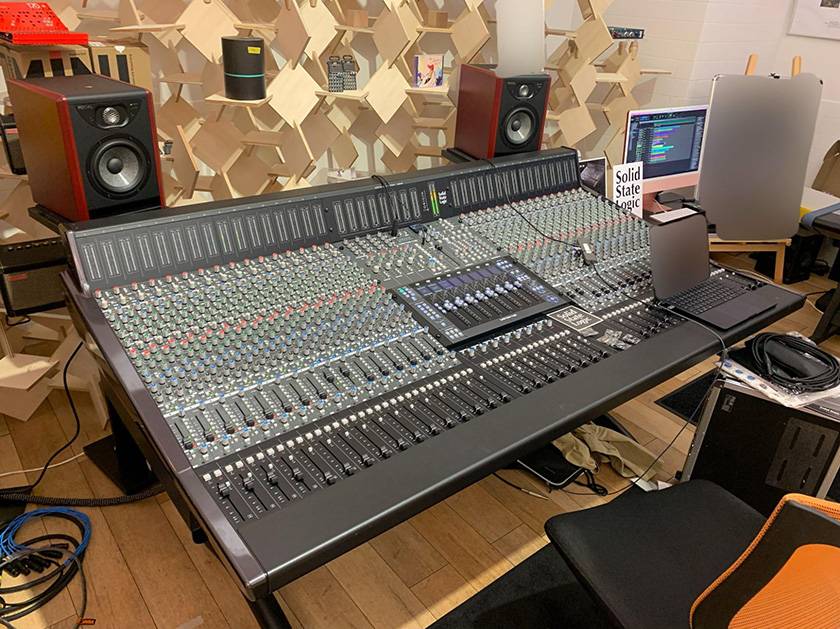
Equipped with AD/DA converters that support up to 32-bit/192kHz, it delivers high-resolution audio not only during recording but also during mixing and mastering playback.
4. Included Plugins Are Immediately Useful
The included Vocalstrip plugin helps bring vocals close to a finished sound even at the demo stage. The presets are particularly well-designed, and in my case, just minor tweaks were enough to make the vocals sit confidently in the mix.
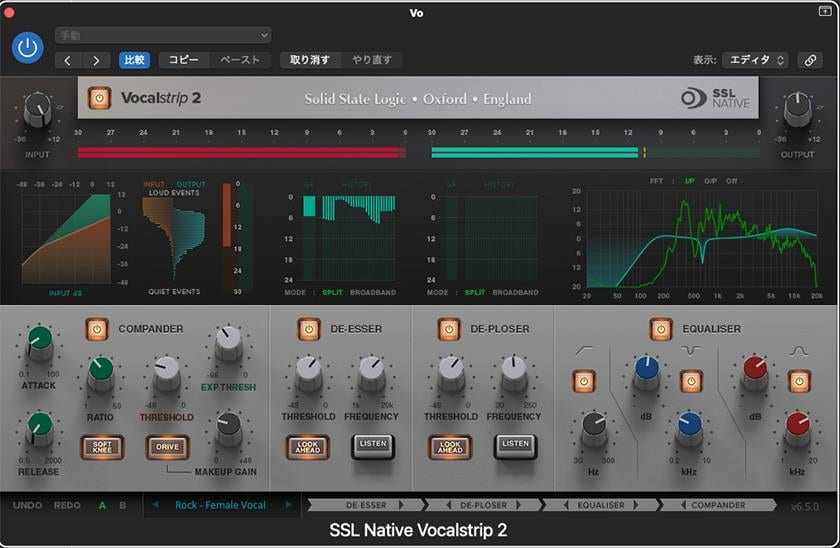
Improvements and Usability Enhancements in the MkII
I’ve also used the previous model (SSL2), and the MkII brings several significant improvements. One major upgrade is the relocation of the Hi-Z input to the front panel, which I personally find extremely convenient. On the earlier model, it was located on the back, meaning I had to move the unit every time I switched between a guitar cable and a microphone cable. With the MkII, that hassle is gone.
The headphone output has also been moved to the front, making it much easier to manage and swap cables. The recording and playback range feels broader, and the overall resolution seems to have improved.
Additionally, the original SSL2 had only one headphone output, but the MkII version now includes two—making it convenient when monitoring a project with a friend or collaborator at the same time.
Using the SSL2+ MkII in Music Production
Since introducing the SSL2+ MkII into my setup, I’ve noticed a clear improvement in the quality of both my recordings and mixes. When comparing it to past projects, the difference is obvious — I'm now able to capture “ready-to-use” sound at the recording stage, significantly reducing the need for post-processing.
The interface is also very user-friendly. All the knobs and switches are located at the top of the panel, and thanks to the Hi-Z input and headphone jack being placed on the front, cable swapping is quick and hassle-free. With the previous model, I found the switches to be a bit fragile and prone to noise, but even after about 10 months of use, I haven’t had any issues with the MkII.
Let me share an example of using the SSL2+ MkII for bass recording.
In this track (the bass comes in at 2:38), I connected an Ibanez EHB1505 directly to the SSL2+ MkII and crafted the tone using the Plugin Alliance Ampeg SVT VR plugin within my DAW.
Because it can capture the low-end of a 5-string bass clearly, sound shaping was very smooth, and even the engineer who mixed the track praised it a lot.
To Summarize
The SSL2 / SSL2+ MkII is the perfect audio interface for those who want to record high-quality audio at home or experience a sound close to professional-grade gear. I highly recommend it for beginners looking to step up their gear game to the next level, as well as for building a home recording setup with a more professional focus.
With the refinements introduced in the MkII, the SSL sound has become even more polished. This is definitely worth experiencing in your home studio.
The “sound & person” column is made up of contributions from you.
For details about contributing, click here.





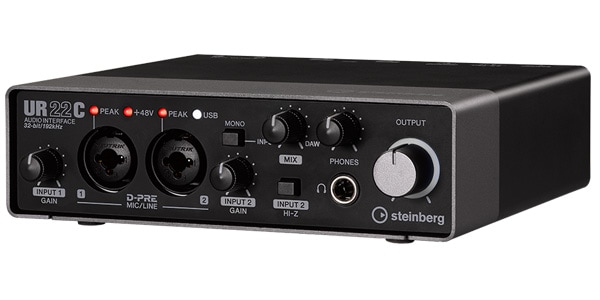
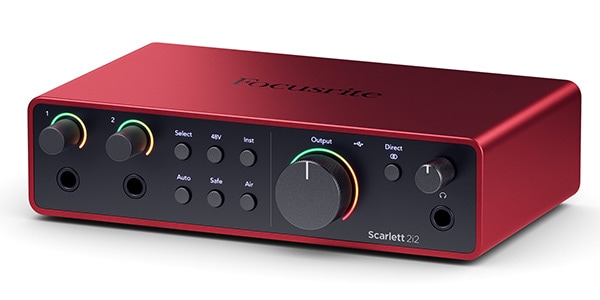
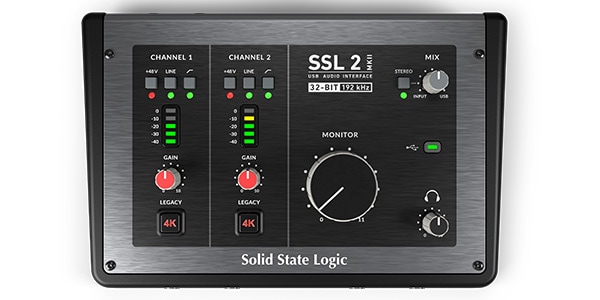
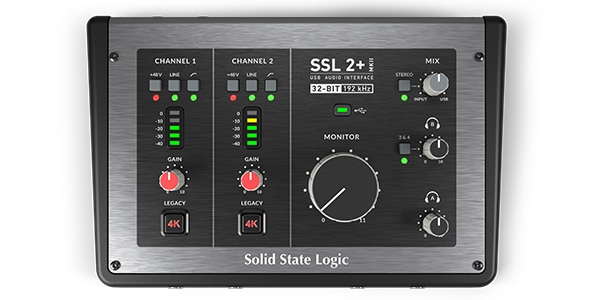




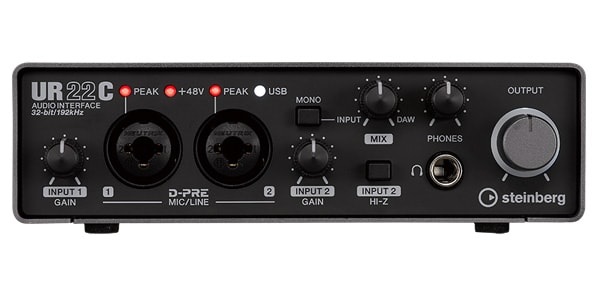
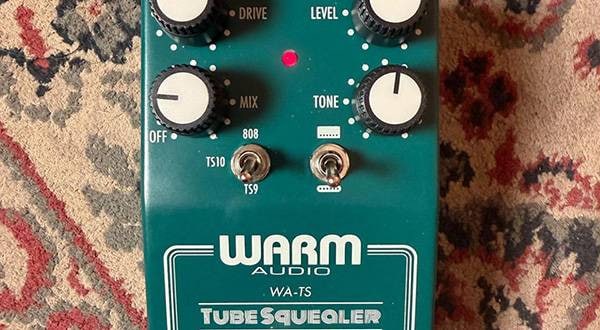
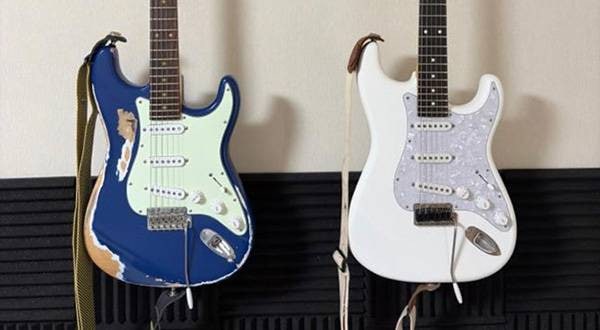
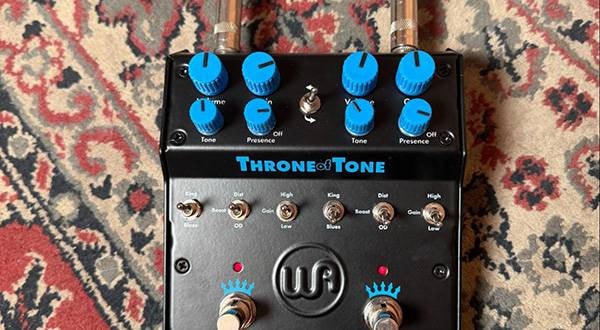
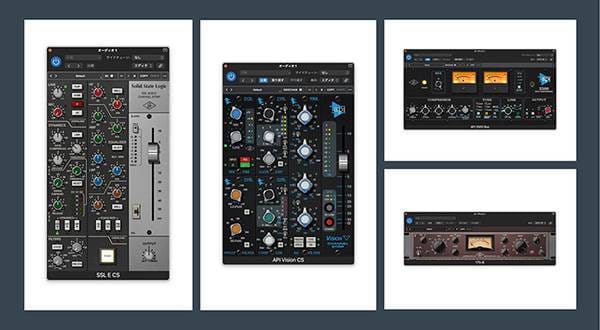
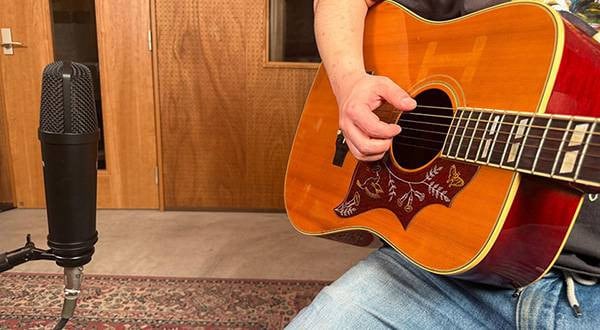


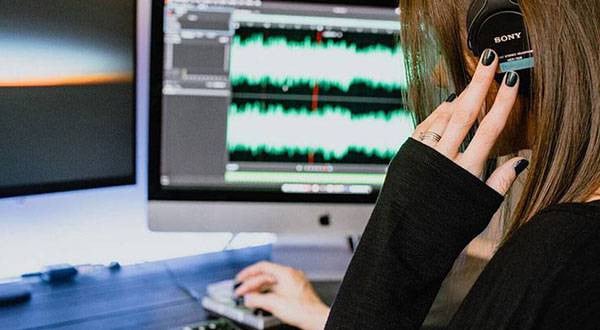
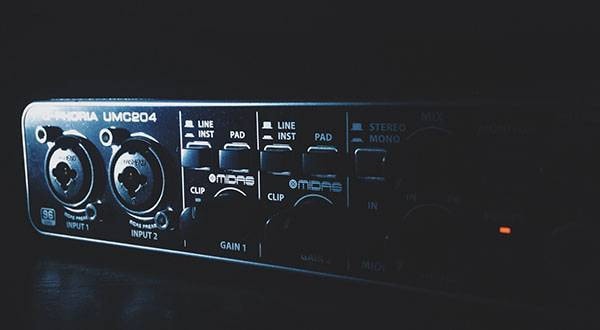
![Top 5 Best-Selling Audio Interface Ranking! [2021]](/contents/uploads/thumbs/2/2021/10/20211001_2_14408_1.jpg)
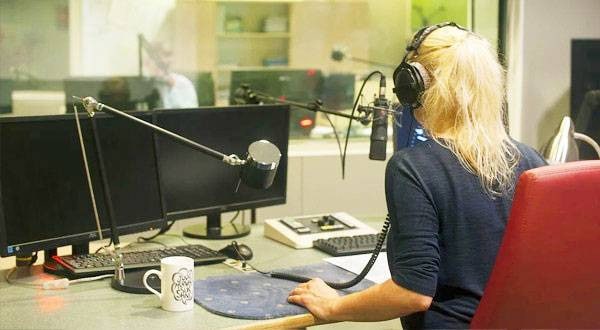
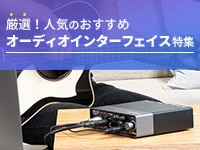 厳選!人気のおすすめオーディオインターフェイス特集
厳選!人気のおすすめオーディオインターフェイス特集
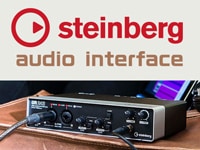 Steinbergおすすめオーディオインターフェイス比較表
Steinbergおすすめオーディオインターフェイス比較表
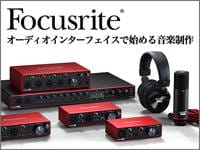 Focusriteオーディオインターフェイスで始める音楽制作
Focusriteオーディオインターフェイスで始める音楽制作
 Steinberg 特集
Steinberg 特集
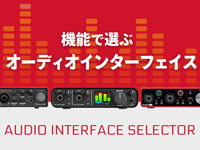 機能で選ぶ オーディオインターフェイス
機能で選ぶ オーディオインターフェイス
 DTM・DAW購入ガイド
DTM・DAW購入ガイド
